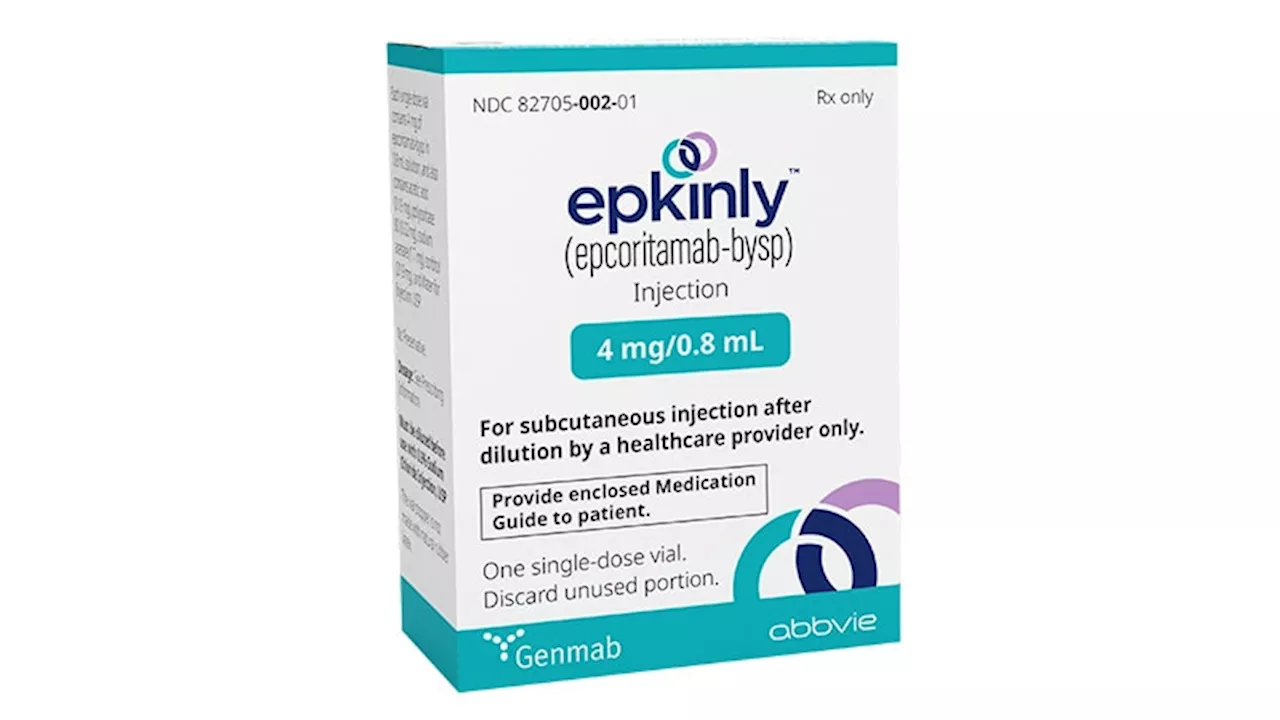Experts expressed concern that the accelerated pathway for cancer drug approval may be overused and does not always effectively balance access and efficacy.
Accelerated approvals for cancer drugs is a good idea in theory. This US Food and Drug Administration pathway allows promising new cancer agents to reach the market, and patients, sooner.The bargain the FDA has struck with manufacturers is companies can use less robust metrics — surrogate markers — to get their drugs to market earlier.
When Gyawali and colleagues published findings from a similar analysis 5 years earlier, he reported worse outcomes in confirmatory trials., which explored 93 cancer drug indications that received accelerated approval from December 1992 through the end of May 2017, revealed that only 20% demonstrated improvements in overall survival in follow-up confirmatory analyses.
Accelerated approvals often use progression-free or disease-free survival as surrogate endpoints. Progression-free survival is a common surrogate endpoint for overall survival in cancer drug trials, and one of the more reasonable surrogates, noted Liu, of Brigham and Women's Hospital and Harvard Medical School, Boston.
"That's even more problematic from our perspective because the response rate doesn't measure toxicity," Liu continued."If you give a cancer drug to a patient with cancer and it poisons the cancer, but it is also poisoning the patient, you might be inducing tumor shrinkage, but it might not be at a cost that a patient would be willing to bear."
Toxicity Poisoning Toxins Cancer Malignant Neoplasia Carcinoma Malignant Neoplasm Palliative Care Acute Pain Cancer Pain Pain From Cancer Cancer-Related Pain Tumor Hematology Haematology Hospitals Quality Of Life QOL Health Related Quality Of Life Health-Related Quality Of Life HRQOL Blood Clinical Research Clinical Trials Clinical Studies Pre-Clinical Trial
United States Latest News, United States Headlines
Similar News:You can also read news stories similar to this one that we have collected from other news sources.
 FDA Approves Epcoritamab for R/R Follicular LymphomaThe new approval follows the BiTE's first approval in 2023 for DLBCL.
FDA Approves Epcoritamab for R/R Follicular LymphomaThe new approval follows the BiTE's first approval in 2023 for DLBCL.
Read more »
 Director, Office of Cancer Centers - Bethesda, Maryland (US) job with National Cancer InstituteDirector, Office of Cancer Centers Office of the Director National Cancer Institute National Institutes of Health Department of Health and Human Services The Person: The National Cancer Institute (NCI), the largest research component of the National Institutes of Health (NIH) within the Department of Health and Human Services (DHHS), seeks...
Director, Office of Cancer Centers - Bethesda, Maryland (US) job with National Cancer InstituteDirector, Office of Cancer Centers Office of the Director National Cancer Institute National Institutes of Health Department of Health and Human Services The Person: The National Cancer Institute (NCI), the largest research component of the National Institutes of Health (NIH) within the Department of Health and Human Services (DHHS), seeks...
Read more »
 Cancer Biology Postdoctoral Fellow - Tampa, Florida job with Moffitt Cancer CenterAt Moffitt Cancer Center, we strive to be the leader in understanding the complexity of cancer and applying these insights to contribute to the prevention and cure of cancer. Our diverse team of over 9,000 are dedicated to serving our patients and creating a workspace where every individual is recognized and appreciated.
Cancer Biology Postdoctoral Fellow - Tampa, Florida job with Moffitt Cancer CenterAt Moffitt Cancer Center, we strive to be the leader in understanding the complexity of cancer and applying these insights to contribute to the prevention and cure of cancer. Our diverse team of over 9,000 are dedicated to serving our patients and creating a workspace where every individual is recognized and appreciated.
Read more »
 Immunosuppressives Unlikely to Raise Cancer Risk in IBD Patients With Prior CancerThe findings add to a growing body of literature supporting the relative safety of immunosuppressive therapy to treat IBD in patients who have a history of cancer.
Immunosuppressives Unlikely to Raise Cancer Risk in IBD Patients With Prior CancerThe findings add to a growing body of literature supporting the relative safety of immunosuppressive therapy to treat IBD in patients who have a history of cancer.
Read more »
 40% of cancer linked to avoidable risk factors: American Cancer Society study4-in-10 cancer cases, and about half of all cancer deaths in Americans 30 and older could be attributed to modifiable risk factors, including cigarette smoking, overweight, alcohol consumption, physical inactivity, diet and infections
40% of cancer linked to avoidable risk factors: American Cancer Society study4-in-10 cancer cases, and about half of all cancer deaths in Americans 30 and older could be attributed to modifiable risk factors, including cigarette smoking, overweight, alcohol consumption, physical inactivity, diet and infections
Read more »
 Half of cancer deaths could have been prevented through lifestyle changes, says American Cancer Society reportAs many as 40% of cancer cases — and up to half of cancer-related deaths — could have been prevented, according to a new study from the American Cancer Society. Doctors shared thoughts.
Half of cancer deaths could have been prevented through lifestyle changes, says American Cancer Society reportAs many as 40% of cancer cases — and up to half of cancer-related deaths — could have been prevented, according to a new study from the American Cancer Society. Doctors shared thoughts.
Read more »
